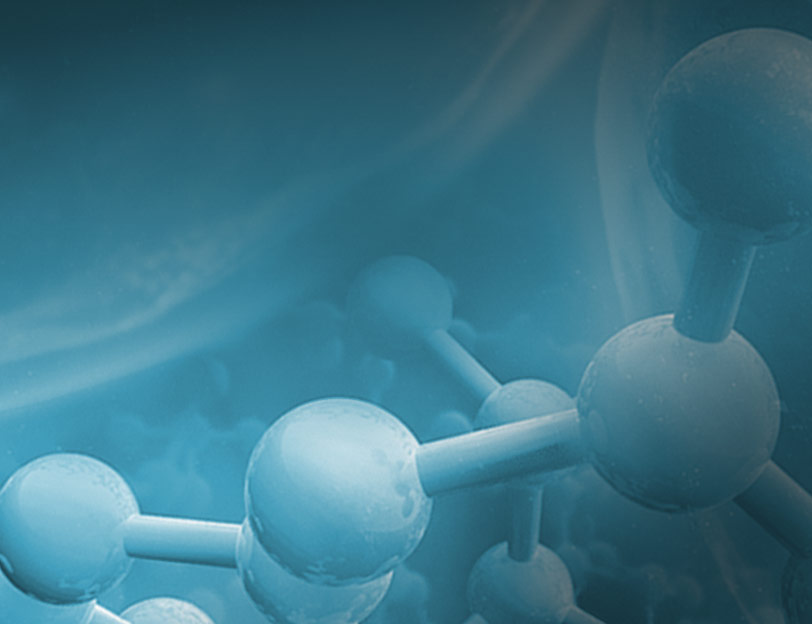Protein Expression
A recombinant protein is a protein encoded by a gene—recombinant DNA—that has been cloned in a system that supports expression of the gene and translation of messenger RNA. Modification of the gene by recombinant DNA technology can lead to the expression of a mutant protein. Promega provides products for both the expression of recombinant proteins in cell-based E. coli systems and a variety of cell-free systems, such as rabbit reticulocyte lysate (RRL) or wheat germ extract (WGE).
Protein Expression Product Groups
Cell-Based Protein Expression
Cell-based protein expression systems designed to improve yields and provide regulated or inducible expression of recombinant proteins.
Cell-Free Protein Expression
Protein expression systems optimized for cell-free expression from plasmid DNA, RNA or PCR DNA templates.
Top Protein Expression Products for Your Lab
TnT® Quick Coupled Transcription/Translation System
Coupled transcription/translation system that produces significant quantities of protein for applications including GST pull-downs and gel shift assays in 60–90 minutes.
L1170, L1171, L2080, L2081
TnT® SP6 High-Yield Wheat Germ Protein Expression System
A single-tube, coupled transcription/translation system that expresses protein in concentrations of 10–100μg/ml in about two hours. Protein is suitable for applications including high-throughput analysis.
L3260, L3261
Single Step (KRX) Competent Cells
Ideal E. coli cells for recombinant protein expression, offering efficient transformation and regulated protein expression.
L3002


